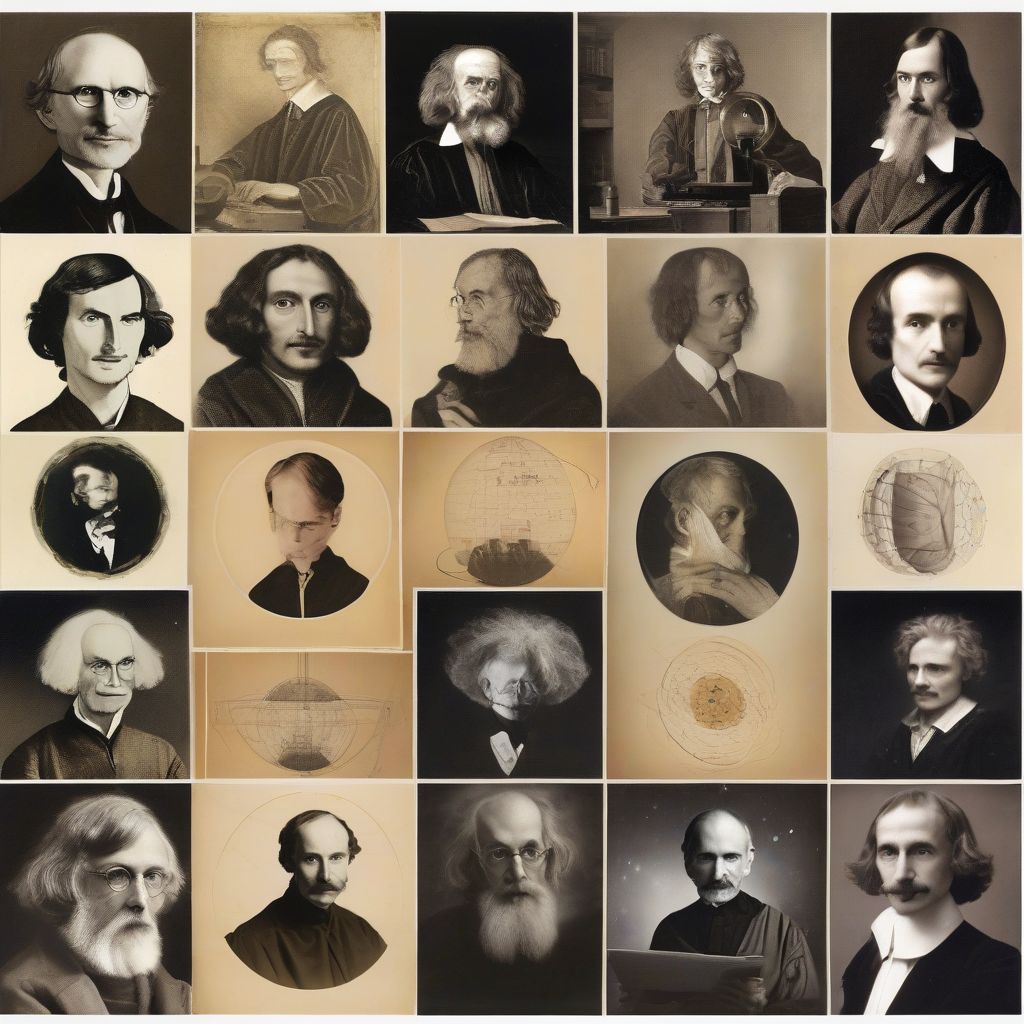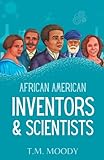Ever looked at a smartphone and wondered about the journey of innovation that led to this pocket-sized powerhouse? The story of science and technology is a tapestry woven with the brilliance of countless individuals, thinkers who dared to challenge the status quo and reshape our world. This article delves into the biographies of some of these innovative thinkers, exploring their lives, struggles, and triumphs that revolutionized science and technology.
Pioneers of Scientific Thought
Nicolaus Copernicus (1473-1543)
Copernicus, a Renaissance-era polymath, challenged the long-held geocentric view of the universe. His heliocentric model, placing the Sun at the center of the solar system, sparked a revolution in astronomy and paved the way for future scientific advancements. Imagine the courage it took to challenge established beliefs! His book, “De Revolutionibus Orbium Coelestium” (On the Revolutions of the Heavenly Spheres), published just before his death, is considered a foundational text of modern astronomy.
Galileo Galilei (1564-1642)
Building upon Copernicus’s work, Galileo’s observations with the newly invented telescope provided further evidence for the heliocentric model. He faced opposition from the Church for his views, yet his relentless pursuit of truth and meticulous record-keeping laid the groundwork for the scientific method. Galileo’s story highlights the importance of observation and experimentation in scientific inquiry.
Isaac Newton (1643-1727)
Newton’s laws of motion and universal gravitation revolutionized our understanding of the physical world. His work, “Philosophiæ Naturalis Principia Mathematica,” is considered one of the most important scientific books ever written. From the falling apple to the celestial dance of planets, Newton’s insights provided a unifying framework for understanding the forces that govern the universe.
Shaping the Modern World
Marie Curie (1867-1934)
A pioneer in the field of radioactivity, Marie Curie’s groundbreaking research not only earned her two Nobel Prizes but also opened up new frontiers in physics and medicine. Her relentless dedication to science, despite facing gender discrimination, continues to inspire generations of scientists. She and her husband, Pierre Curie, discovered radium and polonium, forever changing our understanding of matter and energy.
Albert Einstein (1879-1955)
Einstein’s theory of relativity revolutionized our understanding of space, time, gravity, and the universe. His famous equation, E=mc², highlights the equivalence of mass and energy, a concept that profoundly influenced the development of nuclear physics. Einstein’s thought experiments and unconventional thinking transformed the way we perceive the cosmos.
Alan Turing (1912-1954)
Considered the father of theoretical computer science and artificial intelligence, Alan Turing’s work during World War II was instrumental in breaking the German Enigma code. His concept of the Turing machine laid the theoretical foundation for modern computing. Turing’s legacy reminds us of the power of abstract thought and its impact on the development of technology.
The Digital Age and Beyond
Steve Jobs (1955-2011)
Steve Jobs, a visionary entrepreneur, co-founded Apple Inc. and revolutionized the personal computer industry. His focus on user-friendly design and innovative products, from the Macintosh to the iPhone, transformed the way we interact with technology. Jobs’s relentless pursuit of perfection and his understanding of the consumer market redefined the technological landscape.
Bill Gates (Born 1955)
As the co-founder of Microsoft, Bill Gates played a key role in the personal computer revolution. His development of the Windows operating system made computers accessible to a wider audience, transforming the workplace and everyday life. Gates’s entrepreneurial spirit and his vision for the future of computing have shaped the digital age.
 Famous Scientists
Famous Scientists
Lessons from the Innovators
These biographies offer valuable insights into the characteristics of innovative thinkers. They demonstrate the importance of curiosity, perseverance, a willingness to challenge conventional wisdom, and a deep passion for knowledge. Their stories inspire us to embrace challenges, think creatively, and strive for progress.
Conclusion
The journey of scientific and technological advancement is a testament to the brilliance and dedication of countless individuals. From Copernicus’s revolutionary heliocentric model to the digital revolution spearheaded by figures like Steve Jobs and Bill Gates, these innovators have shaped our world in profound ways. Their biographies serve as a source of inspiration, reminding us of the transformative power of human ingenuity and the importance of continuous learning and exploration. What other innovators do you admire, and what lessons have you learned from their stories? Share your thoughts in the comments below!
- World's Greatest Scientists & Inventors : Biographies of Inspirational Personalities For Kids [Paperback] Wonder House Books
- ABIS_BOOK
- Marilyn Boyer (Author)
- English (Publication Language)
- Venezia, Mike (Author)
- English (Publication Language)
- Black Pioneers of Science and Invention By Haber Louis
- Haber, Louis (Author)
- Venezia, Mike (Author)
- English (Publication Language)
- Rhodes, Caspian (Author)
- English (Publication Language)
- Tiner, John Hudson (Author)
- English (Publication Language)
- Moody, T.M. (Author)
- English (Publication Language)
- non-fiction african american book set
- non-fiction black book set
- Venezia, Mike (Author)
- English (Publication Language)










